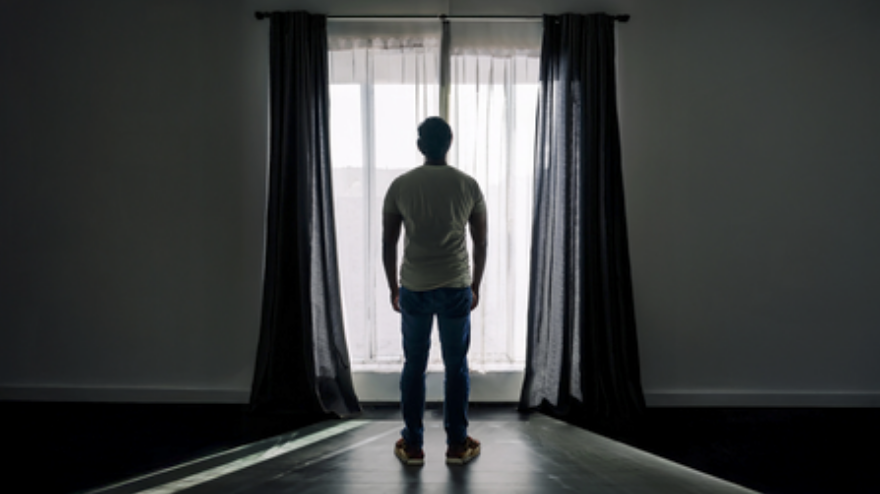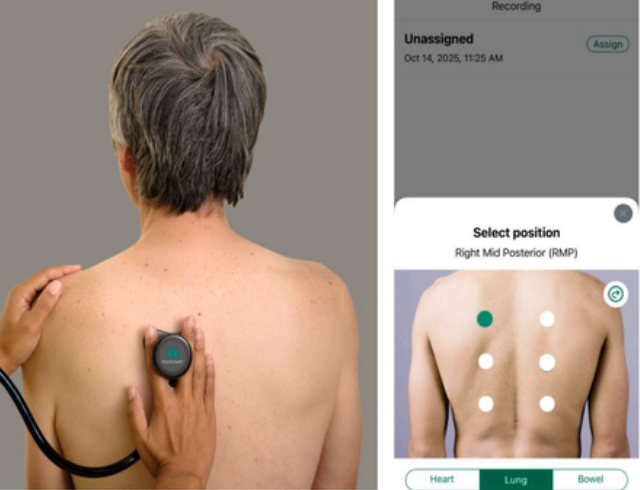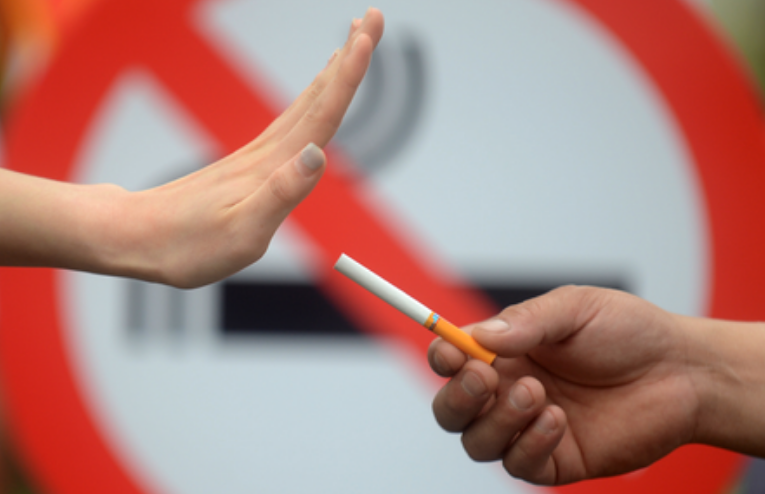Smartphone Use Before Age 13 Linked to Increased Risk of Suicidal Thoughts, Aggression in Young Adults: Study

NEW DELHI– Children who receive their first smartphone before the age of 13 face significantly higher risks of mental health challenges in early adulthood, including suicidal thoughts, aggression, and emotional instability, according to a global study involving over 100,000 young people.
Published in the Journal of Human Development and Capabilities, the study found that individuals aged 18 to 24 who got their first smartphone at age 12 or younger were more likely to report symptoms such as detachment from reality, poor emotional regulation, low self-worth, and increased aggression.
Researchers linked early smartphone access to early exposure to social media, which can lead to cyberbullying, disrupted sleep patterns, and strained family relationships later in life.
“Our data indicates that early smartphone ownership—and the social media access it often brings—is associated with a profound shift in mental health and well-being in early adulthood,” said lead author Dr. Tara Thiagarajan, neuroscientist and founder of the U.S.-based Sapien Labs.
Thiagarajan urged urgent action to protect younger generations, warning that their symptoms often differ from traditional depression and anxiety and may be overlooked by conventional screening methods.
The researchers recommended that policymakers adopt a precautionary approach similar to regulations on alcohol and tobacco, including restricting smartphone access for children under 13, mandating digital literacy education, and holding tech companies accountable for the psychological effects of their platforms.
Several countries—including France, the Netherlands, Italy, and New Zealand—have already implemented restrictions or outright bans on cell phone use in schools. In the United States, a number of states have passed legislation requiring schools to establish smartphone usage policies for students.
For this study, the Sapien Labs team analyzed data from more than 100,000 young adults using the Mind Health Quotient (MHQ), a self-assessment tool that evaluates social, emotional, cognitive, and physical well-being to generate an overall mental health score.
Young adults who received smartphones before age 13 consistently scored lower on the MHQ, with scores declining further the earlier the device was introduced. Among females, early ownership was linked with diminished self-image, self-worth, confidence, and emotional resilience. Among males, it was associated with lower levels of calmness, emotional stability, self-worth, and empathy.
“Our evidence suggests that childhood smartphone ownership—an early gateway into AI-powered digital environments—is profoundly diminishing mental health and well-being in adulthood, with serious implications for both individual agency and societal development,” said Thiagarajan. (Source: IANS)





